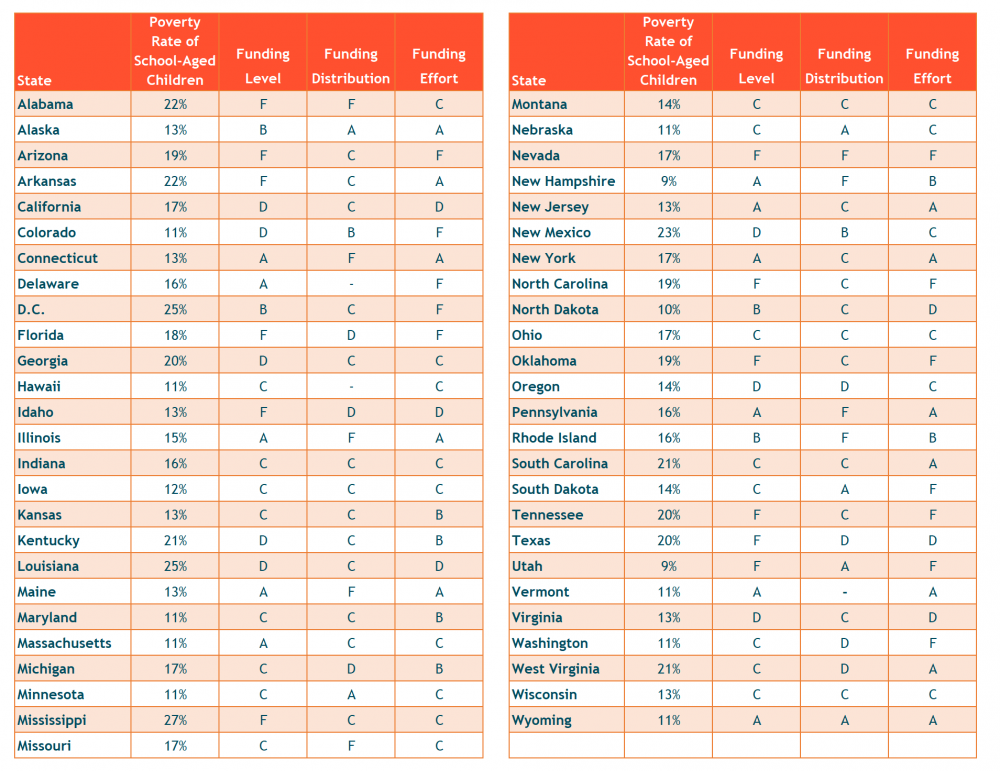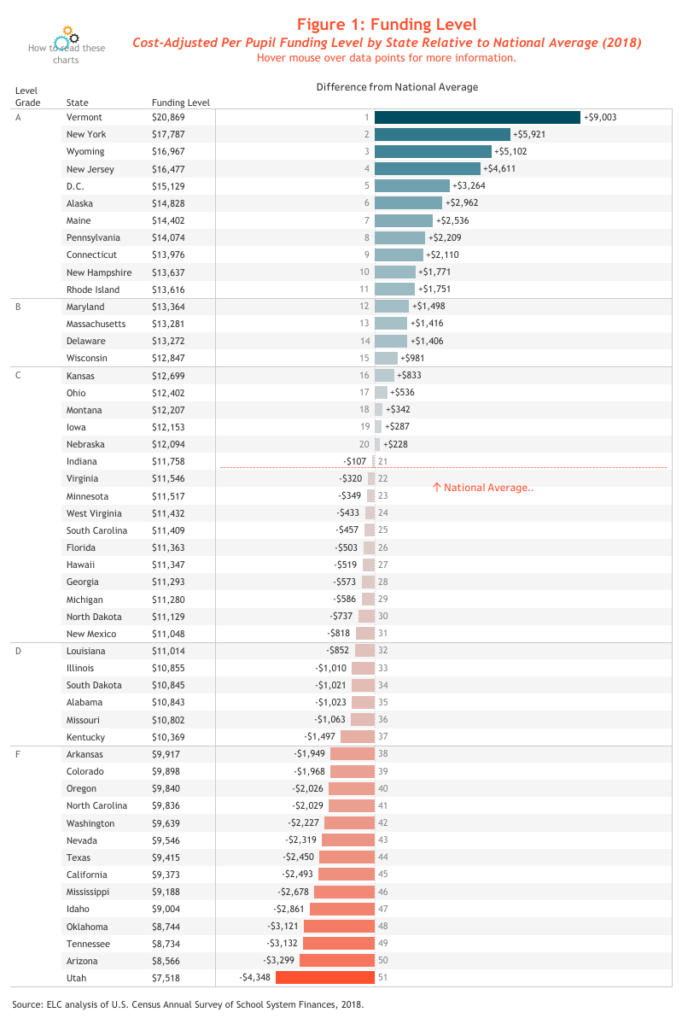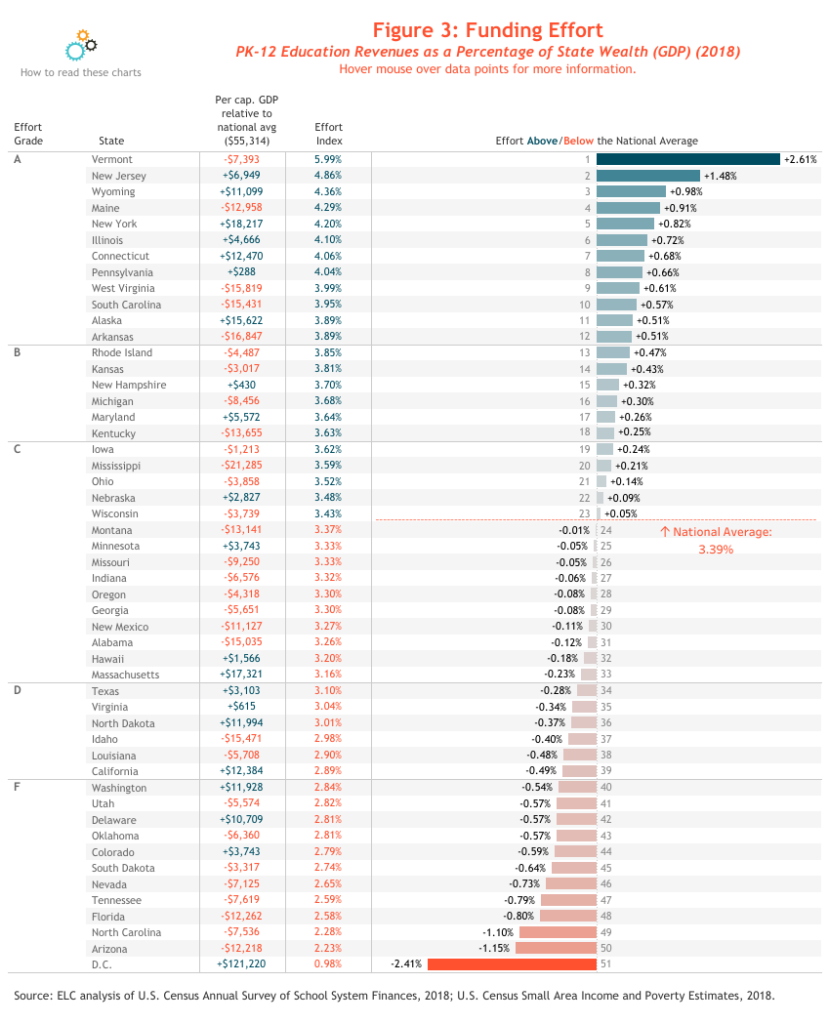Gov. Bill Lee delivered his State of the State address tonight and surprising exactly no one, he failed to make bold new investments in public education in spite of a record surplus in excess of $3 billion.
Instead, Lee proposed continuing to “fully fund” the wholly inadequate BEP formula to the tune of an additional $71 million and add $120 million to the teacher compensation component of the BEP. That’s essentially a 4% increase in the BEP allocation NOT a 4% raise in actual teacher compensation.
To be clear, the state needs $1.7 billion to adequately fund the BEP and Lee is proposing adding $71 million. If you add the teacher compensation element to this, you get $191 million. Or, roughly 10 percent of what is actually needed.
Here’s what Tennessee Education Association President Beth Brown had to say regarding Lee’s proposal:
Gov. Lee’s proposed increases for public education is not enough to meet current needs and falls far short of what was possible with record state revenue surpluses and collections. Tennessee ranks 46th in the nation on funding per pupil, only ahead of Mississippi and well behind Alabama, Arkansas, and every other southern state. Nothing the governor outlined in his budget changes this intolerable fact.
Long before the pandemic hit our state, our public schools were already suffering under a plague of chronic underfunding. It is irresponsible and harmful to Tennessee children for Gov. Lee to continue this pattern of insufficient state investment in our schools, especially at a time when Tennessee has the largest revenue surpluses in state history. We can and must do better for our students.
TEA understands the budget as outlined may not be the same at final passage. As record surpluses continue, TEA will work to see the current budget for K-12 increased.
A significant increase in public education funding could address many challenges plaguing our schools, including not having enough fulltime nurses and counselors, unstaffed libraries with outdated resources, inequities and gaps in technology, and a diminishing talent pool of qualified educators due to low salaries and long hours.
The Lee administration has an extra $3 billion to budget. There has never been a better time to make the necessary investment for Tennessee students, educators and schools.

For more on education politics and policy in Tennessee, follow @TNEdReport
Your support – $5 or more – makes publishing education news possible.










